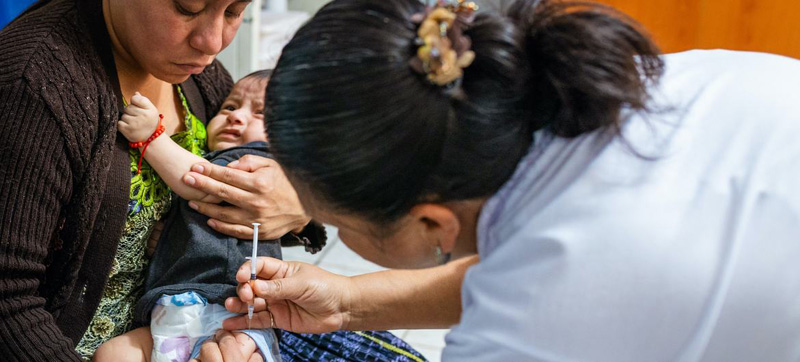 Drug Stigma
Drug Stigma
UN chief Antonio Guterres calls for people-centered approach to combat drug stigma
The UN Secretary-General on Thursday called for “putting people first” by ending the stigma and discrimination around those who use drugs and the expansion of prevention and treatment programmes.
In his message to the opening of the 67th session of the Commission on Narcotic Drugs, Secretary-General António Guterres said the proliferation of powerful street drugs and pharmaceutical misuse needs to be addressed through balanced responses and collective action.
He called for countering drug trafficking, investing in drug use prevention, and ensuring equal access to health care and treatment, while protecting everyone’s rights and dignity.
“We must always strive to put people first by ending stigma and discrimination and strengthening prevention; stressing rehabilitation; upholding the human rights of people who use drugs; and expanding prevention and treatment programmes and health services,” he said.
“Together, let us unite around promoting the health and wellbeing of all people, advancing the Sustainable Development Goals (SDGs), and leaving no one behind,” he added.
Commission on Narcotic Drugs
The Commission on Narcotic Drugs is the UN’s main policymaking body on drug control and drug policy. Established in 1946, it is responsible for monitoring the global drug situation, overseeing the implementation of international drug control treaties, and making recommendations on drug-related matters.
It consists of 53 member States elected by the New York-based Economic and Social Council for terms of three years.
The 67th session of the Commission convenes against the backdrop of an increasingly complex landscape including drug trafficking networks, a record-high supply of certain illicit drugs and limited options for treatment for drug users, according to the UN Office on Drugs and Crime (UNODC).
Evolving challenges
“Drug challenges are evolving swiftly, as synthetics change the market, trafficking networks evolve their business model, and illicit markets overlap with conflict and instability,” said UNODC Executive Director Ghada Waly.
“The global response is at an important juncture, and the Commission on Narcotic Drugs must use this milestone session to unite around balanced responses that safeguard our communities, promote public health, and uphold human rights,” she added.
Waly also highlighted the urgent need for collective action in combating illicit drugs, calling for unity among nations to leverage international treaties and frameworks as well as greater political will and financial resources to confront the drug problem.
From pledges to action
At the session, which runs through 22 March, States will announce new pledges on addressing the drug scourge and turn policy commitments into action on the ground.
They are also expected to adopt key resolutions on topics related to rehabilitation and recovery management programmes, improving access and availability of controlled substances for medical and scientific purposes, and preventing and responding to drug overdoses.
Support Our Journalism
We cannot do without you.. your contribution supports unbiased journalism
IBNS is not driven by any ism- not wokeism, not racism, not skewed secularism, not hyper right-wing or left liberal ideals, nor by any hardline religious beliefs or hyper nationalism. We want to serve you good old objective news, as they are. We do not judge or preach. We let people decide for themselves. We only try to present factual and well-sourced news.





